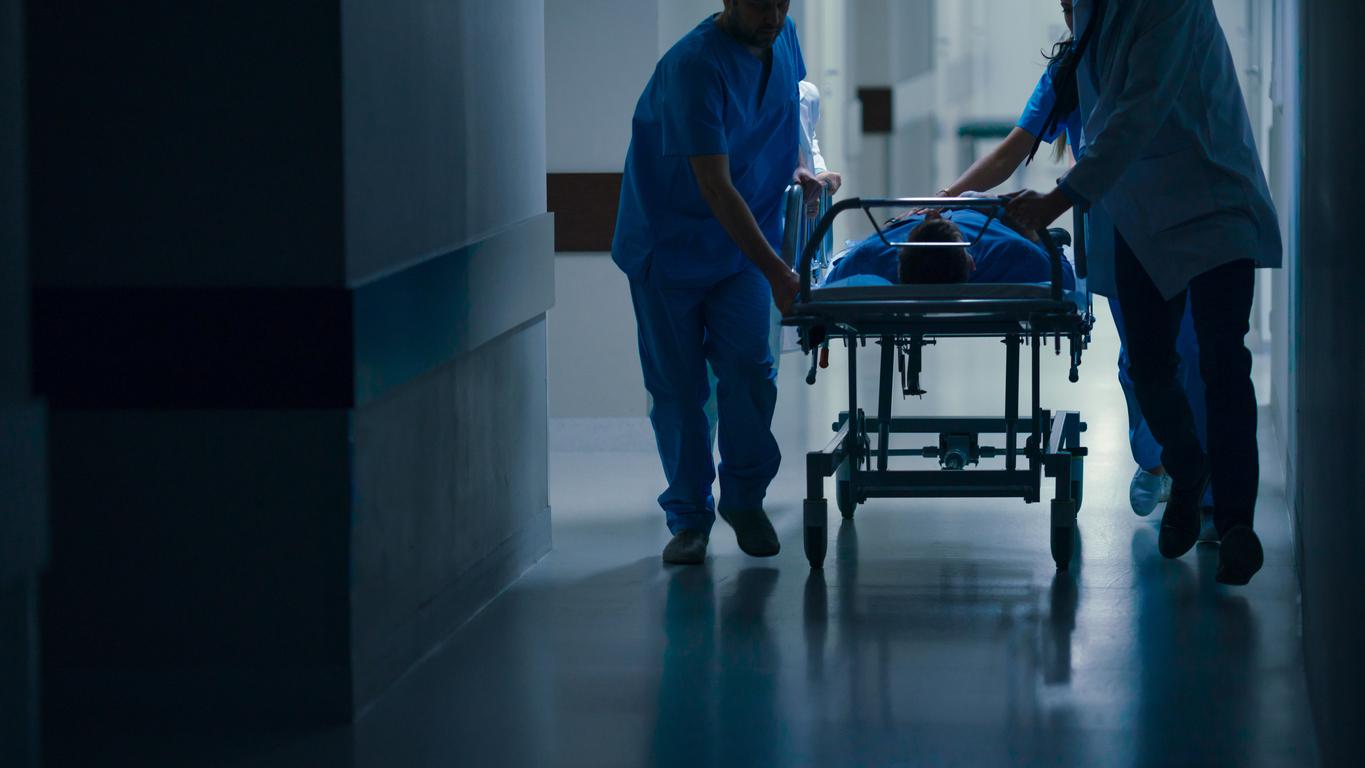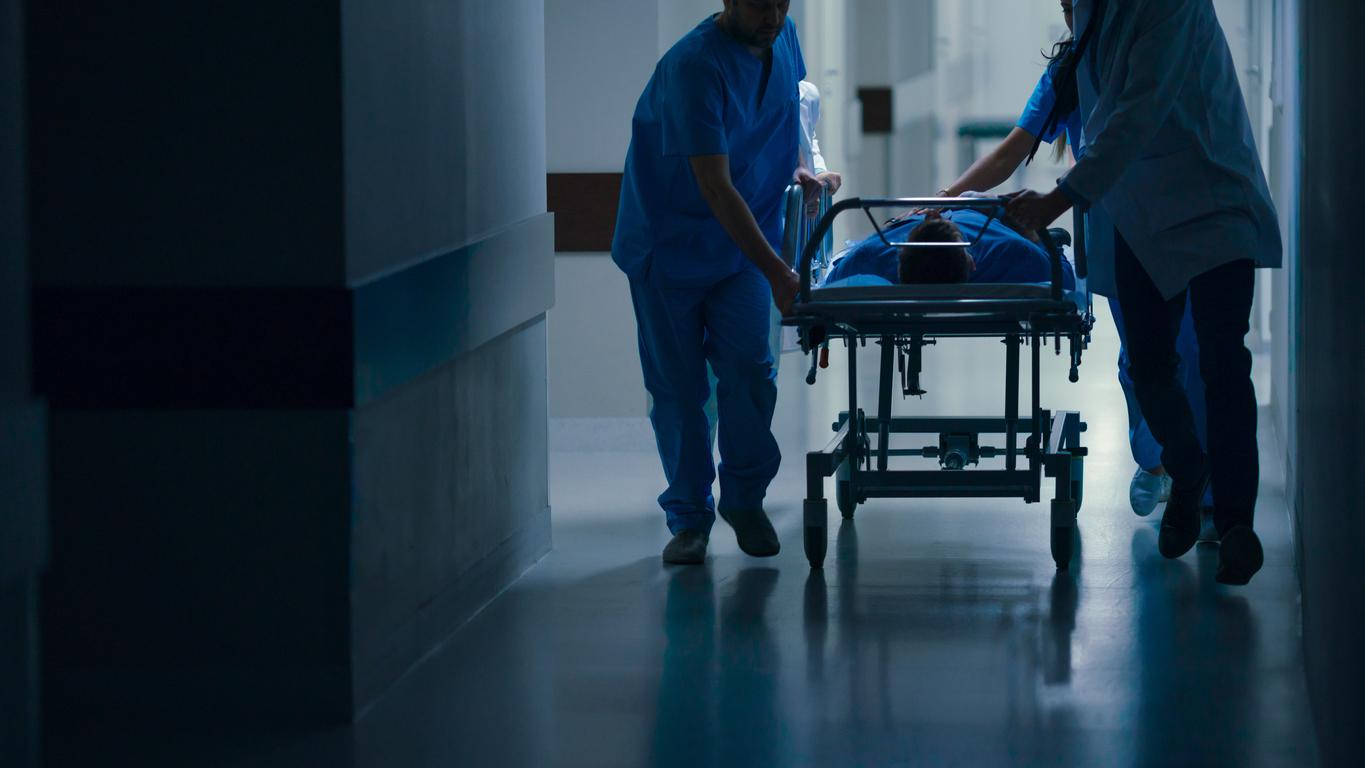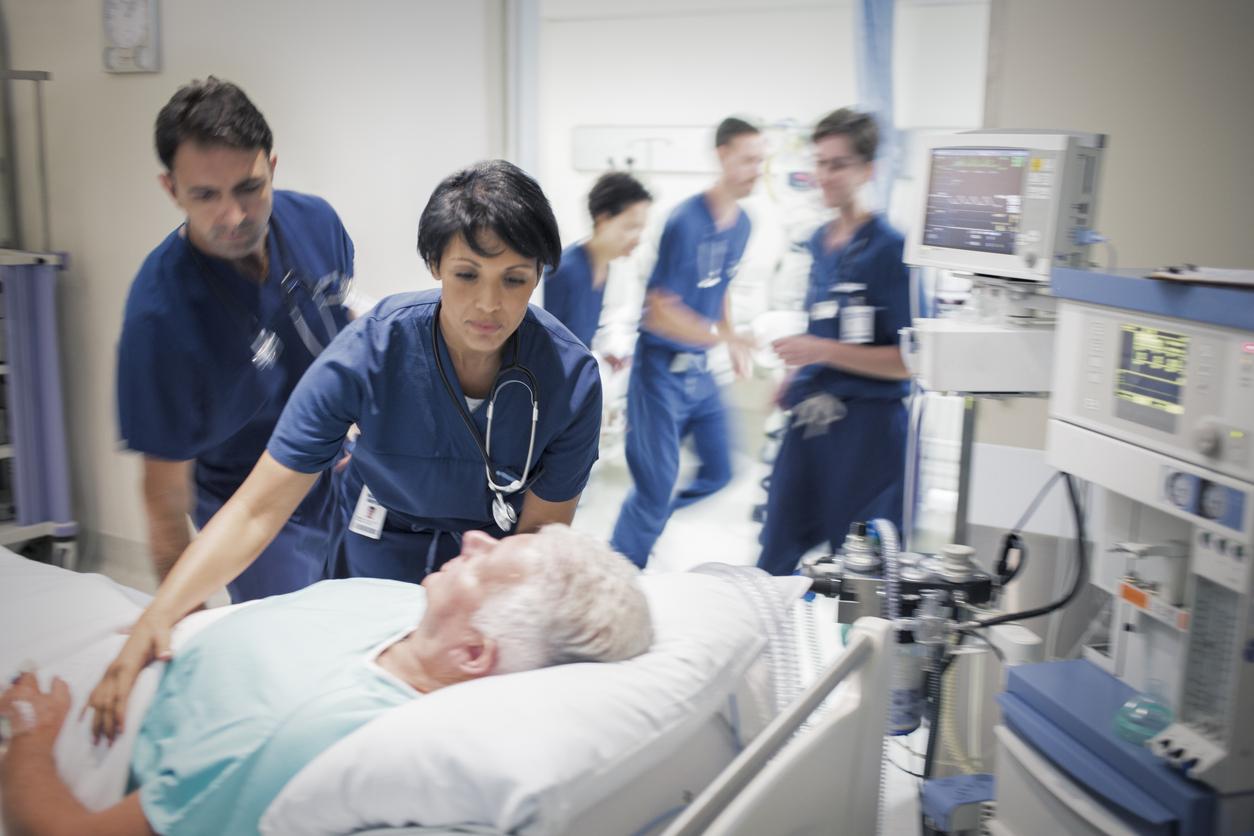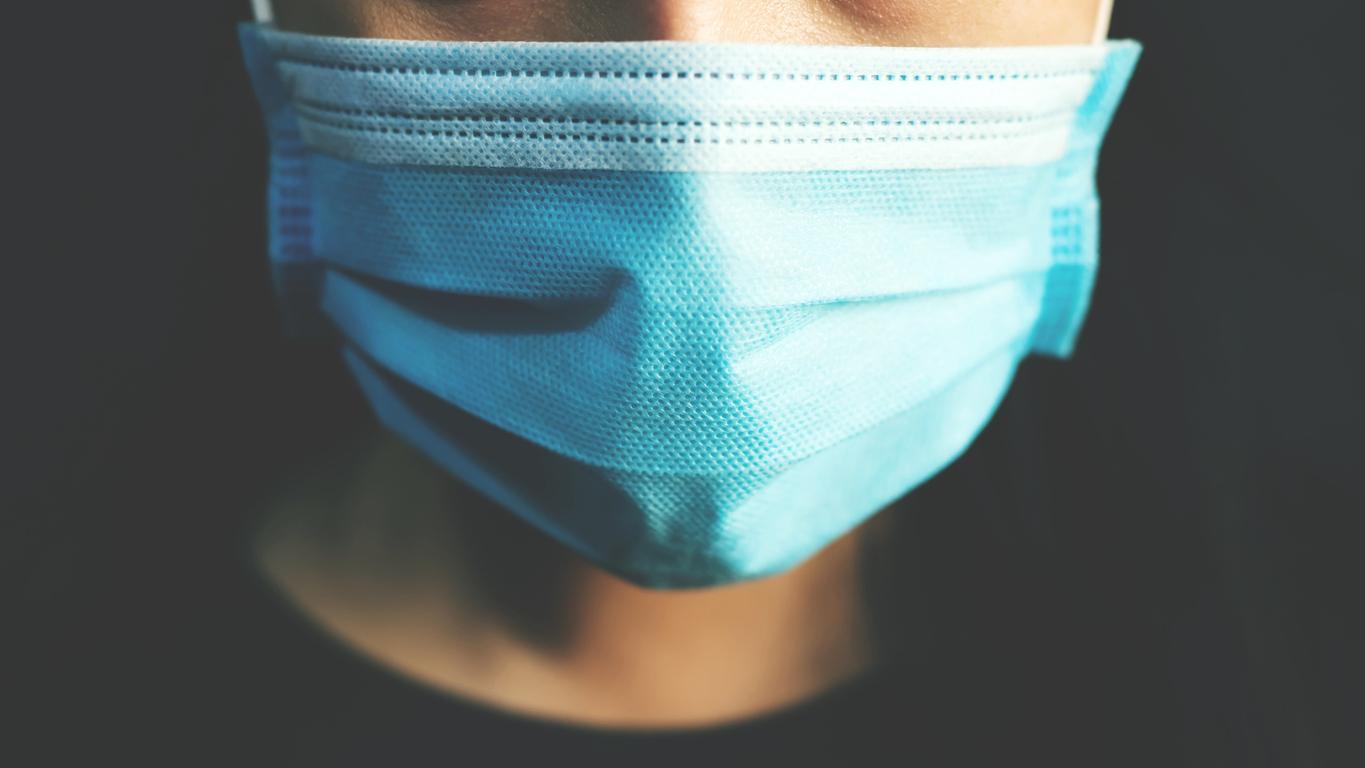
The consequences of the corona pandemic for patients and healthcare providers
The first corona patient in the Netherlands was brought to the Elisabeth-TweeSteden Hospital in Tilburg on February 26, 2020. Nearly two years later, patients and caregivers are still battling the effects of the pandemic. Hospital boss Bart Berden: “Corona has changed hospital care forever.”
This article was written when the corona crisis seemed largely over. The interview took place during the period when the corona measures were released. The situation has now changed again and regular care has been scaled down in many hospitals due to the increasing number of corona patients.
Now that we are increasingly resuming our normal lives, it feels as if the corona crisis is largely over. But not for Bart Berden, chairman of the board of the Elisabeth-TweeSteden Hospital in Tilburg and Waalwijk, and endowed professor of organizational development in hospital care. He is still busy every day with the consequences of the pandemic for his hospital. According to him, looking back is not an option for a long time. “I think many people miss it, but in healthcare we are still in the middle of the crisis. We still spend 10 to 20 percent of our capacity on corona care. This takes its toll on our staff, both physically and mentally. It is not without reason that absenteeism in our sector has not been this high in eighteen years. Moreover, we cannot use the corona capacity for other care.”
During the pandemic, hospitals were forced to postpone much regular care and incurred significant backlogs. The Elisabeth-TweeSteden Hospital alone still has about six thousand operating hours to make up for. Elsewhere, the situation is not much better.
With the result…?
“That patients sometimes have to put their lives ‘on hold’ for a long time, while waiting for treatment. I’m not just talking about people who are on the waiting list for a new hip or knee, but across the whole line of care. It is also difficult for healthcare personnel not always being able to provide the care they want. I hear that every day and it puts our employees to the test. In short: we are not there yet. The consequences of corona will be noticeable in hospitals well into 2022.”
How are you going to get rid of all those backlogs?
“That is a gigantic task. To start with, we train more and faster staff. But of course those employees are not available overnight. We also look for solutions in the organization of care. Under pressure from corona, GPs referred less and more treatments took place at home. That turned out to go surprisingly well. It got us thinking: is usual hospital care always necessary? We are now looking more closely at that. In this way we try to free up more capacity for the things that really have to be done. We are also doing this with the new ‘bridge ward’ that we opened in November 2020 in our hospital. This is a department with minimal care – and therefore less staff – where patients stay after surgery, while waiting for a place in rehabilitation or in a nursing or care home.”
Do such measures not come at the expense of the quality of care?
“The quality is as high as ever. But the corona crisis has provided a reality check: there are limits to how much high-quality care we can provide. We will therefore have to become more critical of how we distribute the available capacity as effectively as possible. An example. A 40-year-old smoking man reports to the doctor. He has no complaints, but because his father died of lung cancer at the age of 40, he would like to have a lung x-ray taken. The doctor may agree to this to reassure him. But actually such a lung X-ray is not necessary at that moment, and therefore an irresponsible burden on healthcare.”
Have we as citizens become spoiled in that regard?
“Not spoiled, but used to that everything is possible. We estimate that about 15 percent of all examinations and treatments in the hospital are non-indicated. In other words: without medical reason. That is no longer tenable. We will really have to adjust our expectations as healthcare consumers. For example, it means: after cancer or a heart attack, do not stay under the supervision of a specialist indefinitely if there is no valid reason for this.”
Many patients will find that a difficult message.
“I understand very well. That is why it is important that healthcare providers explain this carefully. And that patients make decisions together with their doctor, in good consultation and with confidence. Shared decision making is called this in an English term. We have been working on this in healthcare for years, but due to the corona crisis and the enormous backlogs in hospitals, this has become even more important. That is why a national campaign about joint decision-making has recently been launched: begineengoedspraak.nl.”
Has corona permanently changed hospital care?
“That I know for sure. On all kinds of levels. As far as the organization is concerned, market forces have been the magic word in recent decades. But competing and holding your back doesn’t work in a crisis. Fortunately, all parties quickly found each other during the pandemic and worked together excellently. This results in better and more efficient care. If the general practitioners and nursing homes had not contributed so much, the hospitals would have been completely overrun, just like in Italy. A wise lesson. We will therefore continue to consult intensively after the crisis and share knowledge and data.”
And in the workplace?
“There are plenty of examples of changes there. I already mentioned our new bridge department. Furthermore, during the lockdown, we did half of all consultations in our hospital digitally. Image bubbles also existed before corona, of course, but the pandemic has accelerated digitization. Many patients found it very pleasant not to have to travel for an appointment. Of course, a large group would also like to see the doctor in person, so the percentage has now fallen again. But remote care will certainly also help us to make even better use of the available capacity.”
Finally: will we ever get rid of the corona measures in the hospital?
“I honestly don’t know if we should want that. Keeping more distance, frequently disinfecting hands, wearing mouth caps: those regulations work out very well in the hospital. They help to reduce the risk of all kinds of infections. It is not without reason that far fewer people with flu complications were admitted last winter, just to name one example. The hand pumps with disinfecting gel will therefore remain. These insights also work on a larger scale. In our own hospital, for example, we are busy with renovation and new construction plans. We now take extra account of mutual distances. I am sure that the experiences with corona will ultimately improve healthcare in all kinds of ways.”
This article previously appeared in Plus Magazine December 2021. Want to subscribe to the magazine? You can do that in an instant!
Sources):
- Plus Magazine















